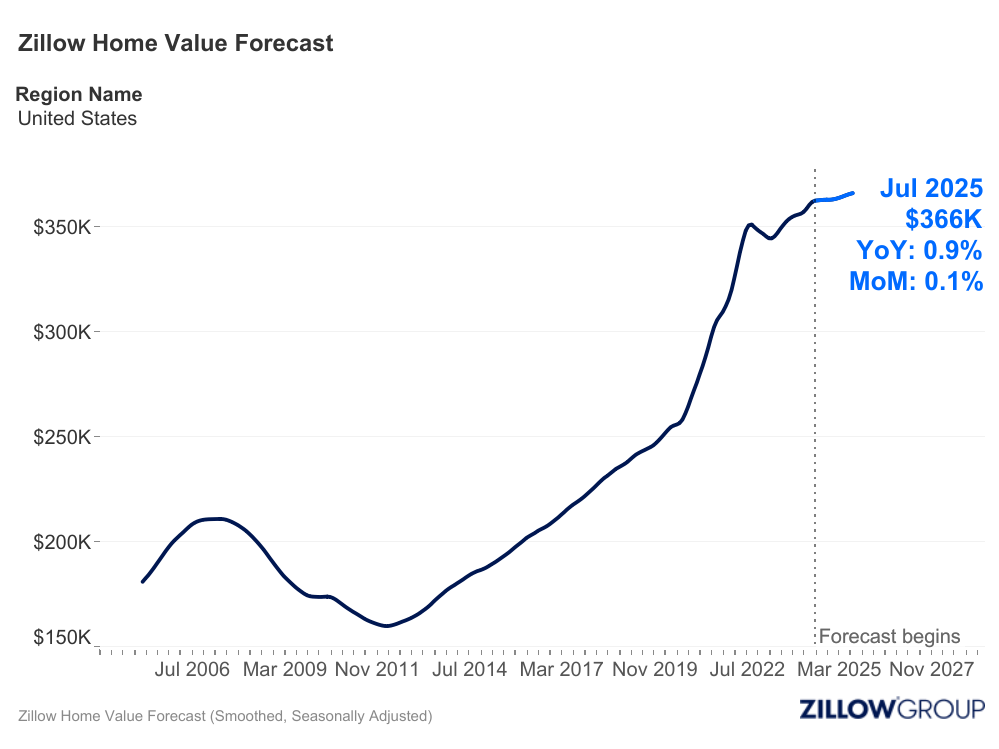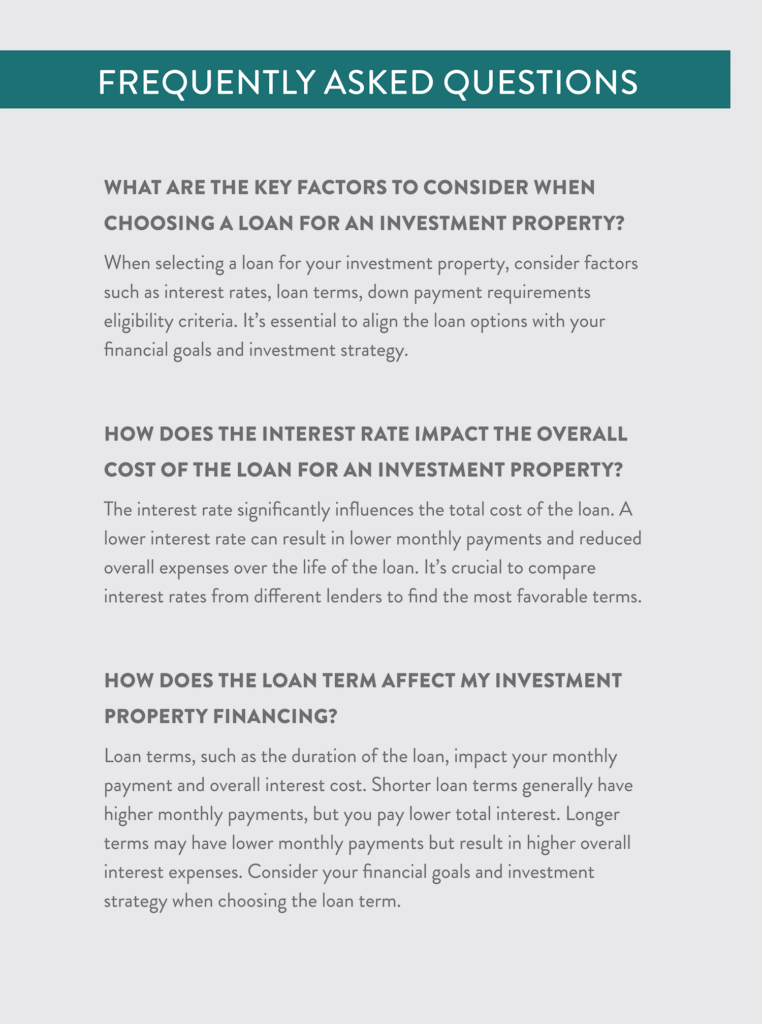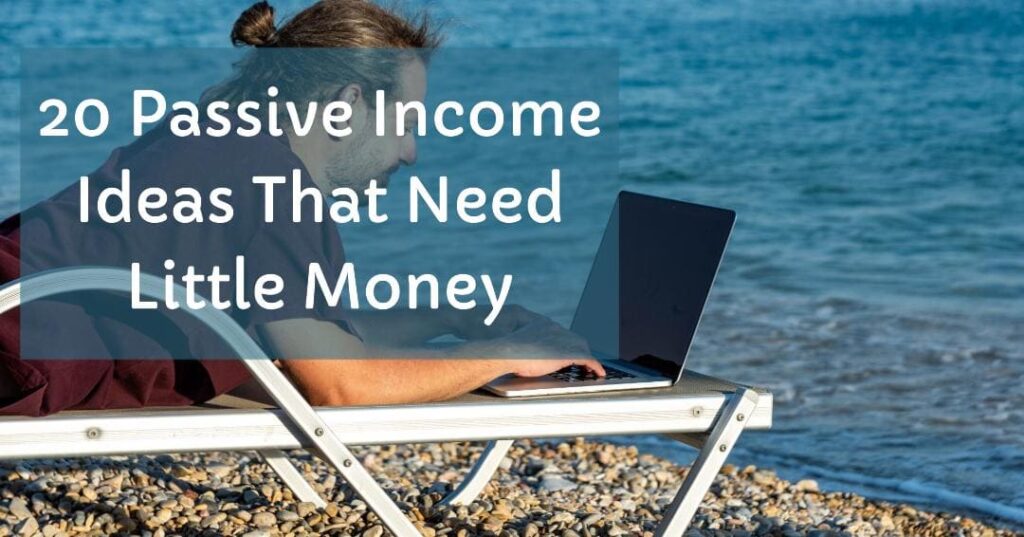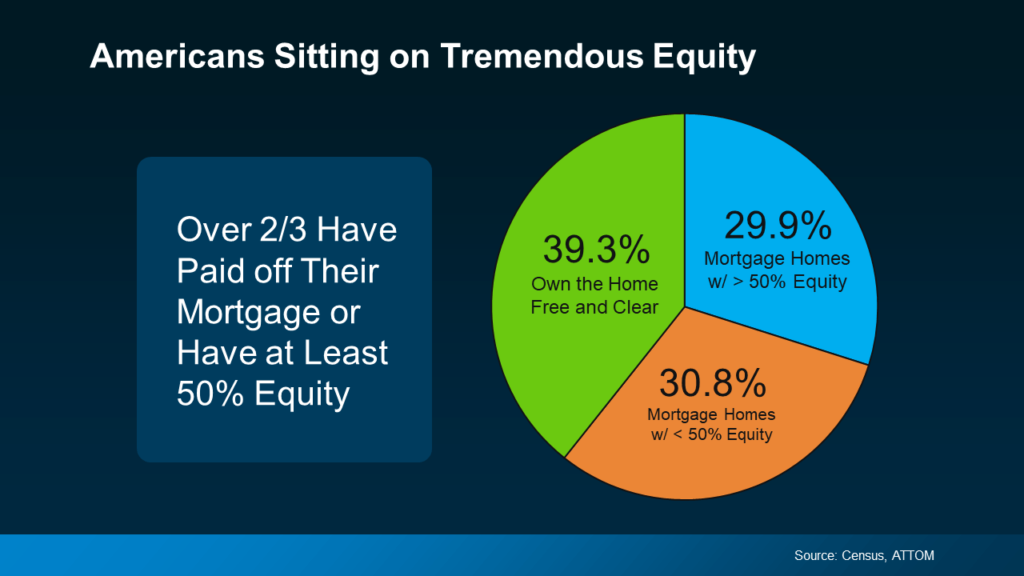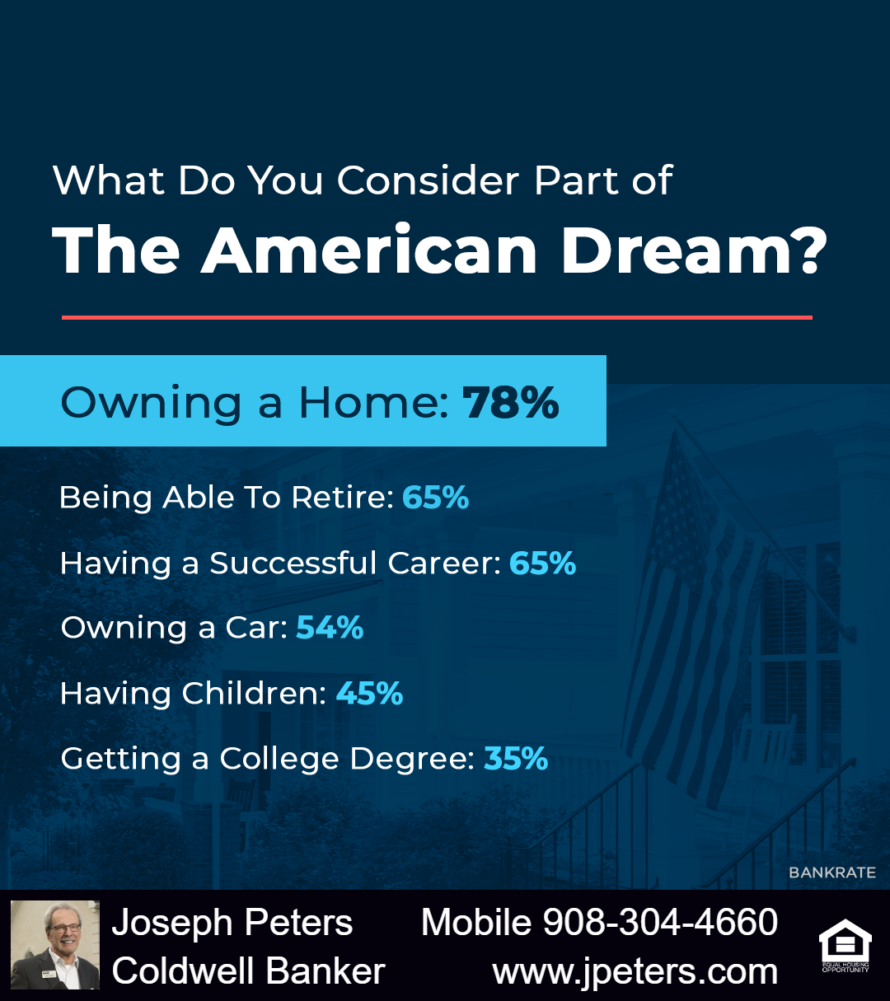Investing in real estate can be a rewarding venture. However, the success of your investment often depends on obtaining the best loan for your specific needs. In this article, we will discuss the complexities of finding the best loan for your specific needs, and the best investment property loans, by shedding light on key considerations and strategies to maximize your investment potential. Selecting the right loan is critical to the success of your investment. The nuances of the real estate market demand a personalized financial approach, so it is critical to explore the available options and identify those that perfectly align with your investment goals. Before we dive into the details, it’s essential to understand the investment property lending landscape. How do they differ from traditional mortgages? What role do local market factors play in shaping lending options? Answering these questions will give you a solid foundation for making informed decisions. Investment Property Loan Basics Investment property loans are the financial backbone of real estate investing. Unlike traditional home mortgages, these loans are designed for properties purchased with the intent of generating rental income or appreciation. Key features include: Higher interest rates. Investment property loans often have slightly higher interest rates compared to primary residence loans. Higher down payments. Lenders typically require a more substantial down payment for investment properties, typically ranging from 15% to 25% of the property’s purchase price. Consideration of rental income. Lenders may take potential rental income into account when evaluating your eligibility and loan terms. Understanding these fundamentals sets the stage for addressing the complexities of investment property financing. Key differences with traditional mortgages Distinguishing investment property financing from traditional mortgages is critical to making strategic decisions. Key differences include: Intended use. Traditional mortgages are designed for owner-occupied residences, while investment property loans are geared toward properties used for investment purposes. Risk assessment. Lenders assess risk differently for investment properties, considering factors such as potential rental income, property management and market conditions. Loan conditions. Investment property loans typically have shorter loan terms and may come with higher monthly payments. By understanding these distinctions, you can align your financial strategy with the unique requirements of investment property financing. Importance of local market factors The local real estate market plays a key role in determining your financing options. Consider the following factors: Market trends. Understanding current and future market trends will help you anticipate property appreciation or potential rental income. Economic factors. Economic stability and growth in the local area can influence property values and rental demand. Regulatory environment. Local regulations may affect your financing options, so it is essential to be well informed about legal issues. By conducting thorough research of your local market, you position yourself to select financing that aligns with the specific conditions of your investment property. Criteria for selecting the best loan When choosing the best loan for your investment property, there are several critical criteria that can significantly impact the success and profitability of your venture. Understanding these factors will allow you to make informed decisions that fit your financial goals and risk tolerance. Interest Rates Your loan’s interest rate is a critical factor. Consider the type of interest rate (fixed or adjustable) and compare rates among lenders. A lower interest rate can save you money over the life of the loan. Down payment requirements. Examine the down payment requirements set by various lenders. A higher down payment can lower your monthly payments, but it may affect your initial investment capital. Evaluate lenders that offer reasonable down payment terms for investment properties. Credit Score Considerations Your credit score plays a major role in loan approval and the interest rate you receive. Understand potential lenders credit score requirements and take steps to improve your score before applying for a loan. Loan term options Evaluate the loan term options available. Shorter terms may mean higher monthly payments but may allow you to save on overall interest costs. Longer terms may give you more flexibility in your monthly budget, but they result in higher total interest payments. Loan-to-value (LTV) ratio. The loan-to-value ratio compares the loan amount to the appraised value of the property. A lower loan-to-value ratio can result in better loan terms and greater lender confidence in your investment. Types of investment loans There are five main types of investment loans. Understanding their nuances will help you choose the best one for you. Traditional mortgage loans Traditional mortgage loans are a tried and trusted option for financing investment properties. These loans typically have fixed interest rates, providing long-term stability. Investors can benefit from predictable monthly payments, making budgeting and financial planning easier. Understanding the nuances of traditional mortgages is crucial for those seeking a conventional and secure financing route for real estate investments. FHA loans for investment properties Federal Housing Administration (FHA) loans are designed to make home buying more affordable and can also be used for investment properties. Exploring FHA loans opens up possibilities for investors, especially those who can’t meet the strict requirements of traditional loans. VA Loans for Investment Properties Veterans have a unique financing option through VA loans. Understanding the specific benefits and requirements of VA loans is critical for veterans looking to take advantage of their eligibility and undertake successful real estate investments. Private lender options Investors looking for flexibility and alternatives to traditional financing, private lenders offer an attractive solution. Private lender options can provide customized financing solutions for your real estate investments. If you choose this route, be sure to understand the terms, advantages, and potential drawbacks associated with borrowing from private sources. Commercial loans for investment properties. Investing in large-scale projects requires specialized financing, and commercial loans are designed to meet these specific needs. Again, make sure you understand the intricacies of commercial loans for investment properties, including a comprehensive knowledge of the terms, conditions, and considerations associated with this type of financing. Commercial loans can open up opportunities in the dynamic real estate market. Financing for real estate investment Property flipping, the art of buying distressed properties,



